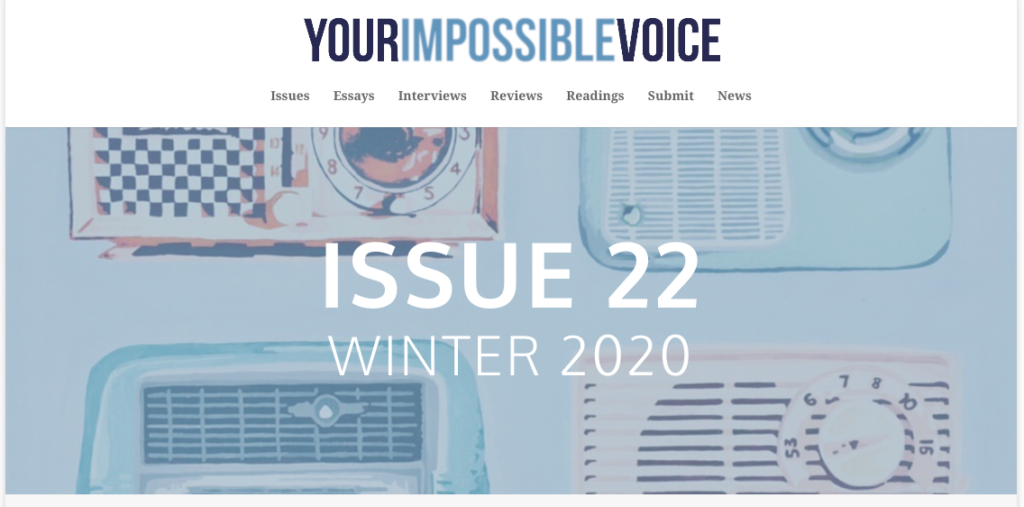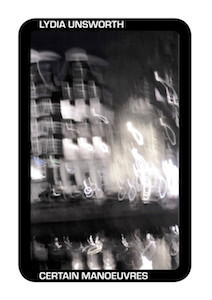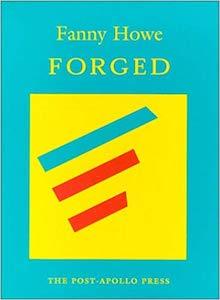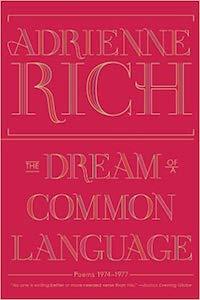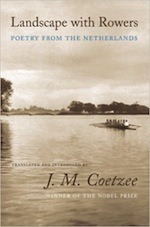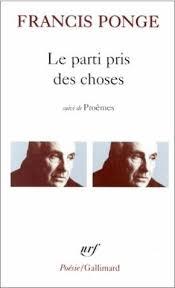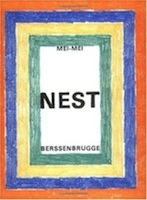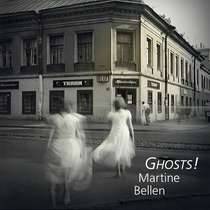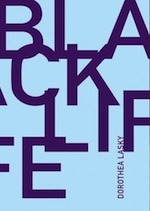I am not so systematic about poetry, either reading or writing about it. But I don’t want to exclude poetry from my list, so below a few highlights from last year in no particular order.
Exciting discovery of the year:
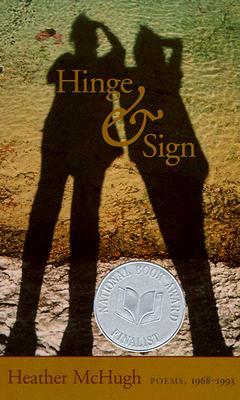
Hinge & Sign: Poems, 1968-1993 by Heather McHugh (Wesleyan University Press, 1994)
My first encounter with McHugh. I immediately connected with this book of her selected work, which is such a rare and amazing thing with a book of poems. Here are a bunch at the Poetry Foundation site.
Origin: Bruised Apple Bookstore in Peekskill, NY, an old school huge used book and record store in a cozy spot.
On the mysteries of the feminine:
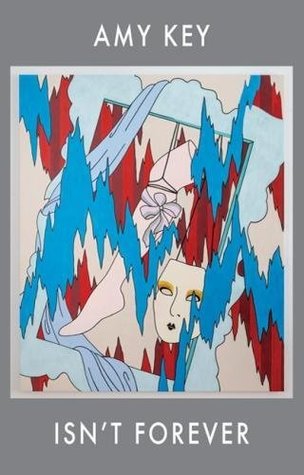
Isn’t Forever by Amy Key (Bloodaxe Books, 2018)
Playful and varied with form. Unapologetically feminine, melancholy, charming, lush poems by young British poet Amy Key. Read a few here.
Origin: Lent to me by my poet friend Lydia Unsworth (thank you, Lydia!), and then I purchased a copy of my own directly from Amy via Twitter!
For comforting long poems:
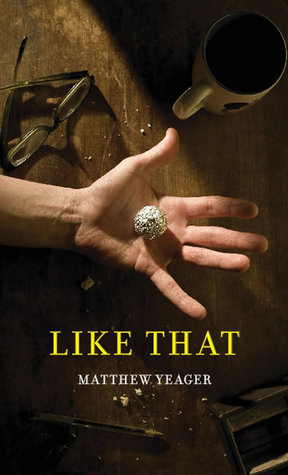
Like That by Matthew Yeager (Forklift Books, 2016)
I was missing my friend Matt, and reading his book again was a nice substitute for hanging out. These are funny, American, soulful, exuberant, ambitious. Poems by Matt here.
Origin: Gift from the poet.
Short & dark poems:
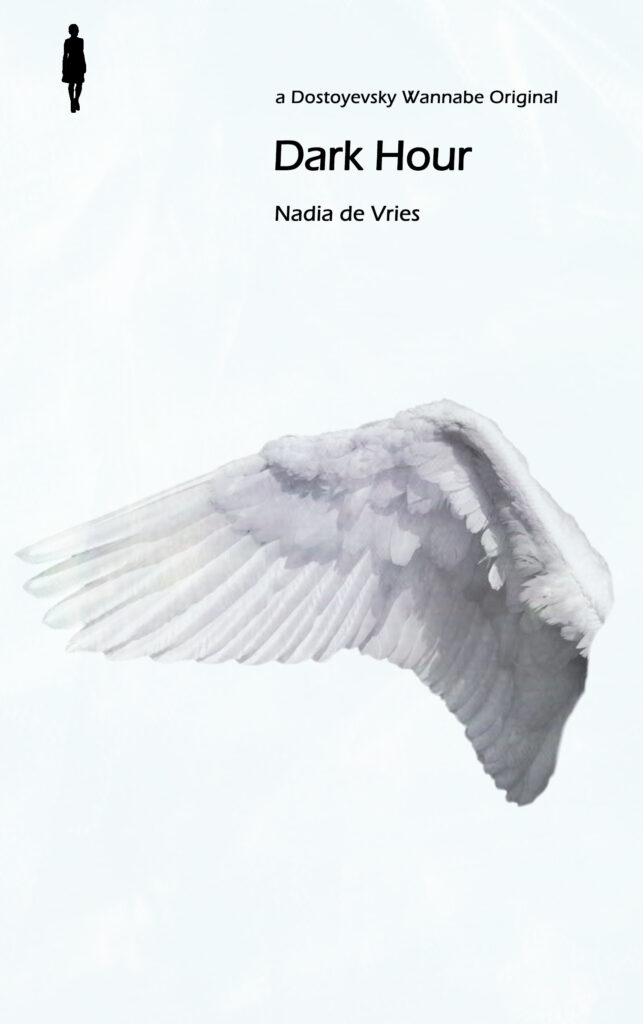
Dark Hour by Nadia de Vries (Dostoyevsky Wannabe, 2018)
Poems like a shot of espresso. Epigrammatic & ironic. Published by an enterprising UK-based press.
Origin: A swap with the lovely Amsterdam-based author.
Unexpected tropical, cheeky haikus:
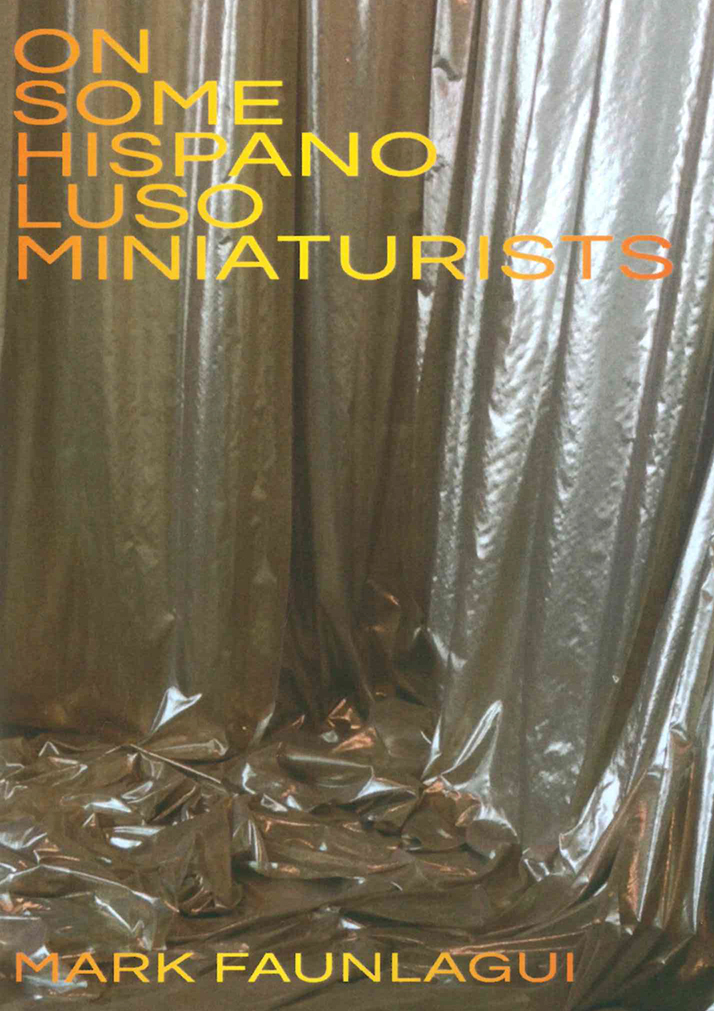
On Some HispanoLuso Miniaturists by Mark Faunlagui (1913 Press, 2018)
Aware of sensual pleasures – food, sexual attraction, the new sensations of travel – but understated.
Origin: A gift from my generous publisher, 1913 Press.
Language equivalent of a spiritual retreat:
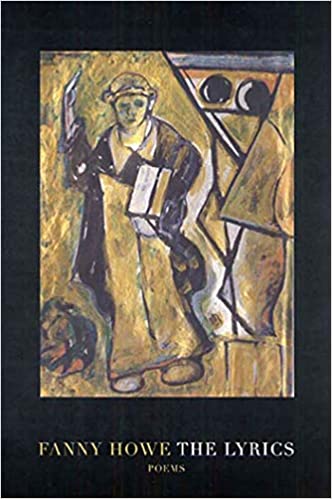
The Lyrics by Fanny Howe (Graywolf Press, 2011)
With some undivided attention, Fanny Howe’s poems will deliver you to a contemplative state. She is a pilgrim, wanderer, seer.
Origin: Purchased somewhere in NYC many years ago.
Chapbooks/Pamphlets
It took me this long to learn that the Brits call chapbooks “pamphlets,” which sounds a bit flimsy to my ears (I think of a pamphlet on preventing STDs), but who knows, maybe in a few years it will be rolling of my tongue like “queue” for line and “lift” for elevator do know, to my embarrassment…
These were all chapbooks that came in to my orbit last year, all by poet friends residing in the Netherlands:
Say cucumber by Lucia Dove (Broken Sleep Books)
I Have Not Led a Serious Life by Lydia Unsworth (above/ground press)
Grief Is the Only Thing That Flies by Laura Wetherington (Bateau Press)

